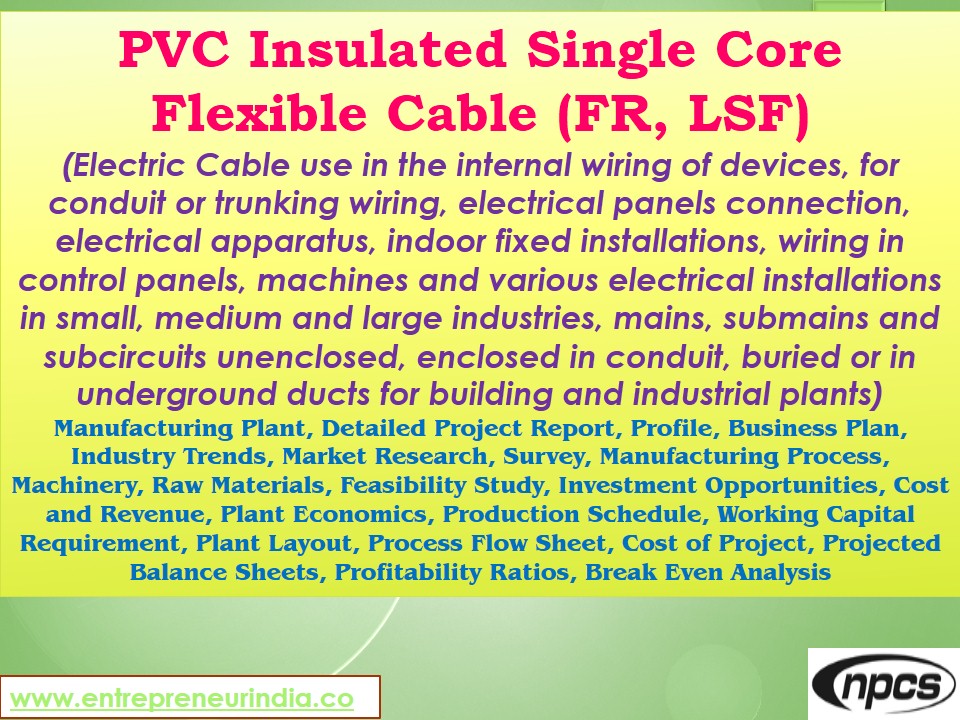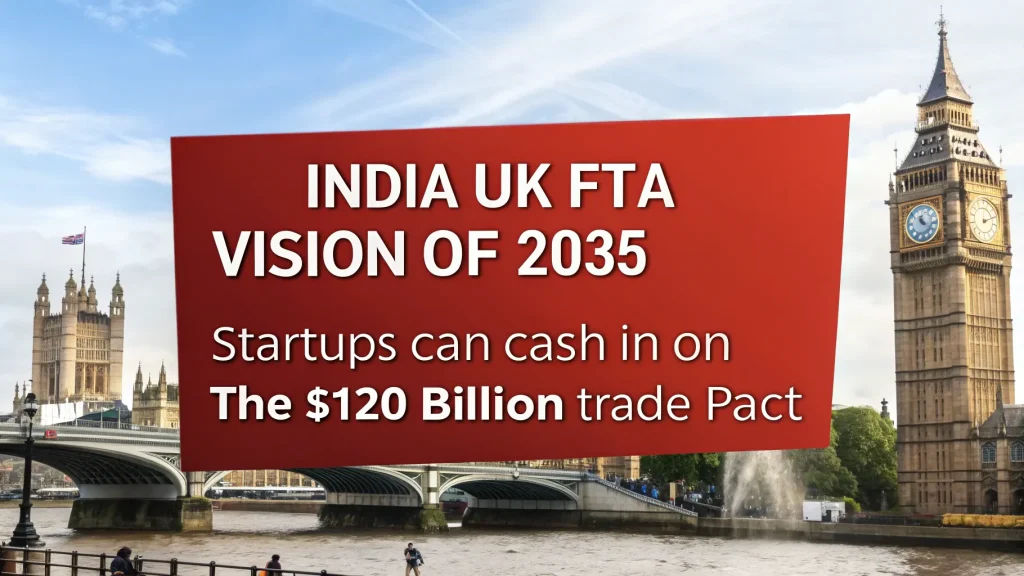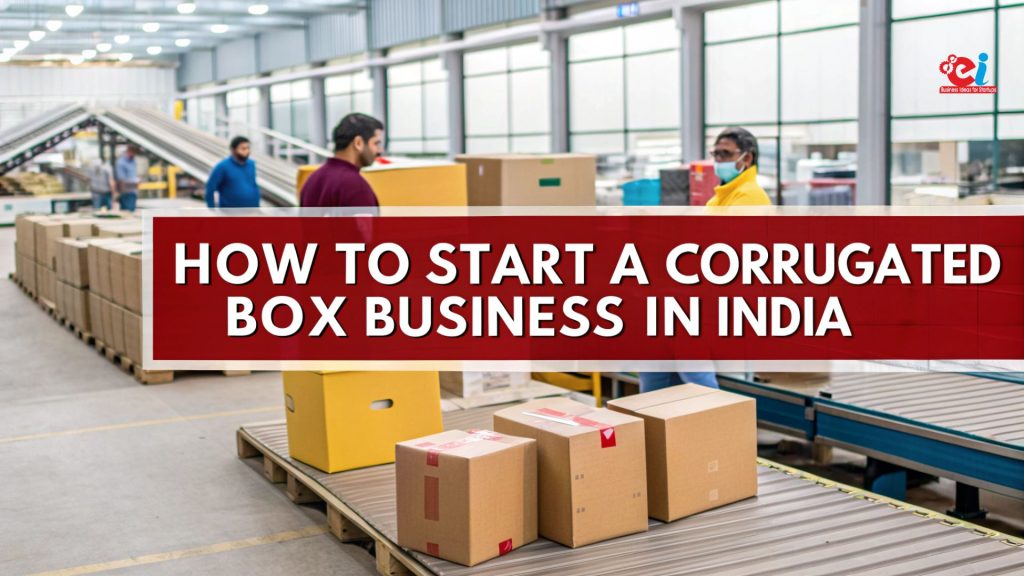
Electricity powers every home, office, and machine. For this energy to flow safely and efficiently, wires play a crucial role. Among the best options available today, PVC Insulated Single Core Flexible Cable stands out. These wires are not only dependable but also safe for both residential and industrial applications.
What Is a PVC Insulated Single Core Flexible Cable?
A PVC Insulated Single Core Flexible Cable has a single conductor covered in PVC (Polyvinyl Chloride) insulation. The insulation gives flexibility, durability, and heat resistance. It is ideal for internal wiring of control panels, appliances, and power supply circuits.
See Also – Printing Press Business
This cable type is commonly used where tight spaces or curved routes are present. It easily bends without breaking, which makes installation fast and simple. The use of high-purity copper ensures excellent conductivity.
FR (Flame Retardant) and LSF (Low Smoke and Fume) versions offer higher safety. These cables produce less smoke and toxic gases in case of fire, keeping environments secure. For homes, hospitals, and commercial buildings, such cables provide the safety you can count on.
Key Features That Make These Cables Stand Out
Let’s explore some defining features:
-
Flexibility: These wires bend easily, perfect for small enclosures or sharp corners.
-
Flame Retardant: The FR-LSF insulation limits the spread of fire, providing critical protection in emergencies.
-
High Conductivity: Made using pure copper, which lowers power losses.
-
Durability: The PVC jacket resists oil, chemicals, moisture, and wear.
-
Safe in Fire: In case of fire, these wires emit low smoke and minimal toxic gases.
When wiring needs both performance and protection, this cable delivers both.
Applications Across Different Industries
You can use PVC Insulated Single Core Flexible Cable in countless ways:
-
Residential wiring: Fans, lights, switches, and sockets
-
Commercial buildings: For control panels and distribution boards
-
Industrial equipment: Internal machine wiring
-
Automobiles: For battery cables and starter wiring
-
Instruments and meters: As signal and data wires
The adaptability of this cable makes it popular across sectors like infrastructure, engineering, electrical design, and construction.
How to Choose the Right Cable Size
The cable size matters more than you think. A wrong size can cause overheating or voltage drops. When choosing a PVC Insulated Single Core Flexible Cable, consider the following:
-
Current load: Higher current needs thicker wires.
-
Length of the run: Longer distances demand larger cross-sections to reduce voltage drop.
-
Voltage rating: Match the cable to your system’s voltage.
-
Environmental factors: Heat, moisture, and chemicals affect performance.
Always follow IS (Indian Standards) or international guidelines for safety. It ensures that your electrical system works without failures.
Advantages Over Other Cables
Why do electricians prefer this type of cable over others? Here’s why:
-
Cost-effective: It gives high performance at a competitive price.
-
Simple to install: Its flexible nature saves time and labor during installation.
-
Safe operation: With flame-retardant and low smoke insulation, it protects people and property.
-
Resistant to damage: PVC coating handles stress, moisture, and corrosion better than many alternatives.
-
Environment friendly: LSF properties reduce harm to surroundings in fire situations.
These advantages make the PVC Insulated Single Core Flexible Cable a smart choice.
Manufacturing Process Overview
Here’s how manufacturers produce these efficient and safe cables:
-
Conductor Drawing: High-purity copper is drawn into thin strands.
-
Annealing: The drawn copper is softened to improve flexibility.
-
Stranding: Multiple strands are twisted together for added strength and flexibility.
-
Insulation: A layer of PVC is extruded around the conductor.
-
Cooling and Sizing: The insulated cable is cooled and shaped for uniform size.
-
Printing and Packaging: Final markings are printed before winding on spools.
This process ensures each roll of cable is reliable and ready to meet modern electrical needs.
Standards and Certifications to Look For
While buying these cables, always check for certifications. Here’s what to look for:
-
IS 694: The Indian Standard for PVC insulated cables
-
RoHS Compliance: Ensures no harmful substances are present
-
CE Marking: Mandatory in Europe, signals conformity
-
UL Certification: Shows adherence to global safety norms
Choosing certified cables means you invest in both safety and performance.
Tips for Safe Handling and Storage
To ensure the cable performs well throughout its life, follow these practices:
-
Store in a cool, dry place
-
Avoid exposure to direct sunlight for long periods
-
Never drag the cable on rough surfaces
-
Use proper tools for cutting and stripping
-
Label cables properly to avoid confusion during installation
Taking care of your wiring ensures fewer breakdowns and better system efficiency.
Choosing the Right Supplier Matters
Not all cable manufacturers follow high-quality standards. Before you buy, verify the supplier’s reputation and testing process. Leading suppliers test cables under different conditions to meet safety norms. A good supplier will also offer proper documentation and technical support.
Ask for test certificates, batch numbers, and compliance records. This helps you avoid counterfeit or low-grade products. Your electrical systems depend on the quality of each wire you install.
Industries That Rely on These Cables
Many industries depend heavily on the PVC Insulated Single Core Flexible Cable. Here are some key sectors:
-
Power and energy: For control rooms and switchgear
-
Automobile industry: In vehicle wiring
-
Consumer electronics: Inside home appliances
-
Telecommunications: For signal transmission
-
Real estate and infrastructure: Internal and external wiring in homes and buildings
Its presence is almost everywhere — from mobile chargers to metro rail systems.
Why Flame Retardant LSF Cable Is a Safer Choice
In fire-prone areas, choosing FR-LSF cables over regular ones can save lives. In emergencies, they emit less smoke and harmful gas. This allows more time for people to evacuate and rescue teams to work. That’s why industries like hospitals, schools, and malls prefer them.
These cables not only meet fire safety norms but also reduce long-term environmental impact. They help lower insurance risks too.
See Also – Plastic Manufacturing
Conclusion
Electrical safety is not a choice — it’s a necessity. With high conductivity, flexibility, and flame resistance, PVC Insulated Single Core Flexible Cable proves to be a reliable solution. It works across industries, adapts to different environments, and ensures smooth current flow.
If you seek a durable and safe wiring solution, this cable fits the need perfectly. Always choose certified products from trusted brands for better reliability. Use the right cable, and you protect both your systems and the people who use them.
Contact Us





